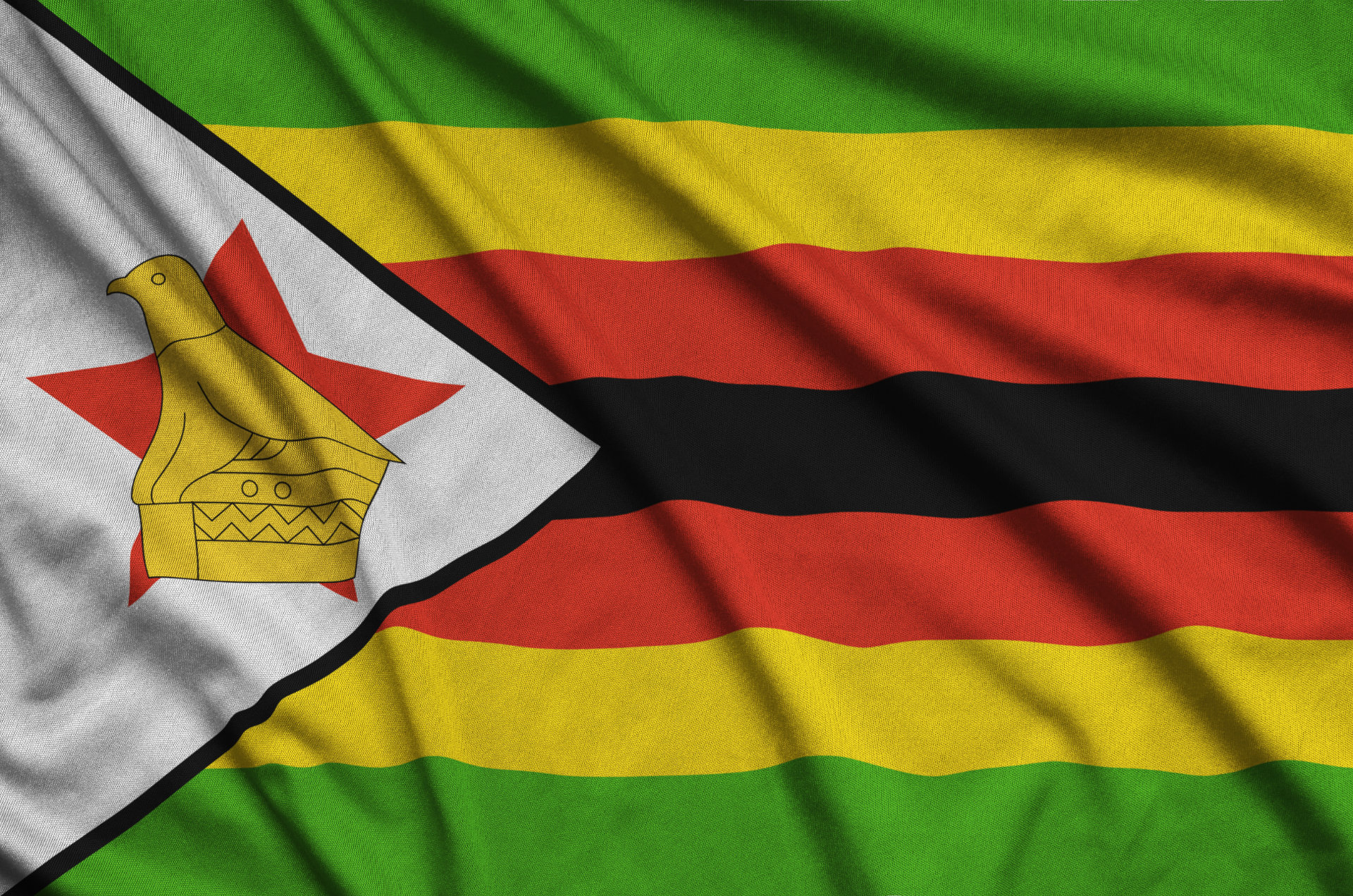
Johannesburg – Civil society from throughout southern Africa today protested the suspension of the SADC Tribunal, petitioning the SADC Secretary General Tomaz Salomão and Ministers of Justice of the various SADC states to ensure the full functioning of the Tribunal and to guarantee the rights of SADC citizens to access to justice and to an effective remedy.
The protest comes in response to a decision by the SADC Summit of heads of state and government to review the role, functions and terms of reference of the SADC Tribunal and not to fill the five judicial vacancies on the bench of this sub-regional court. Civil society groups maintain that the decision not to fill the five judicial vacancies precludes quorum of the court and so prevents the court from hearing new cases – in effect mandating suspension of the Tribunal.
The petitioners also argue that this decision allows for reasonable fear that the review, far from strengthening and capacitating the Tribunal will be used to weaken and erode this still emerging institution.
Nicole Fritz, director of the Southern Africa Litigation Centre (SALC), explains that “civil society is also concerned that the SADC Summit appears to have acted outside its lawful powers. No SADC legal instrument contains provisions allowing for suspension of the workings of the Tribunal or for non-appointment of judicial officers. This would run counter to the founding idea of establishing a permanent, effective sub-regional court to deal with issues on human rights, democracy, regional trade, integration and the rule of law”
Arnold Tsunga, director of the Africa Office of the International Commission of Jurists (ICJ), agreed that the suspension decision was particularly disturbing, “damaging the credibility and legitimacy of the SADC Tribunal as an independent and impartial regional court, already negatively affected by the refusal of Zimbabwe to comply with its decisions. But if newly established courts struggle to recover from assaults on the credibility by individual, intransigent states, far more damaging is a blow to that credibility by the very organization that established the court. The SADC Summit decision threatens the future of both the institution and access to effective remedies in Africa.”
ENDS



